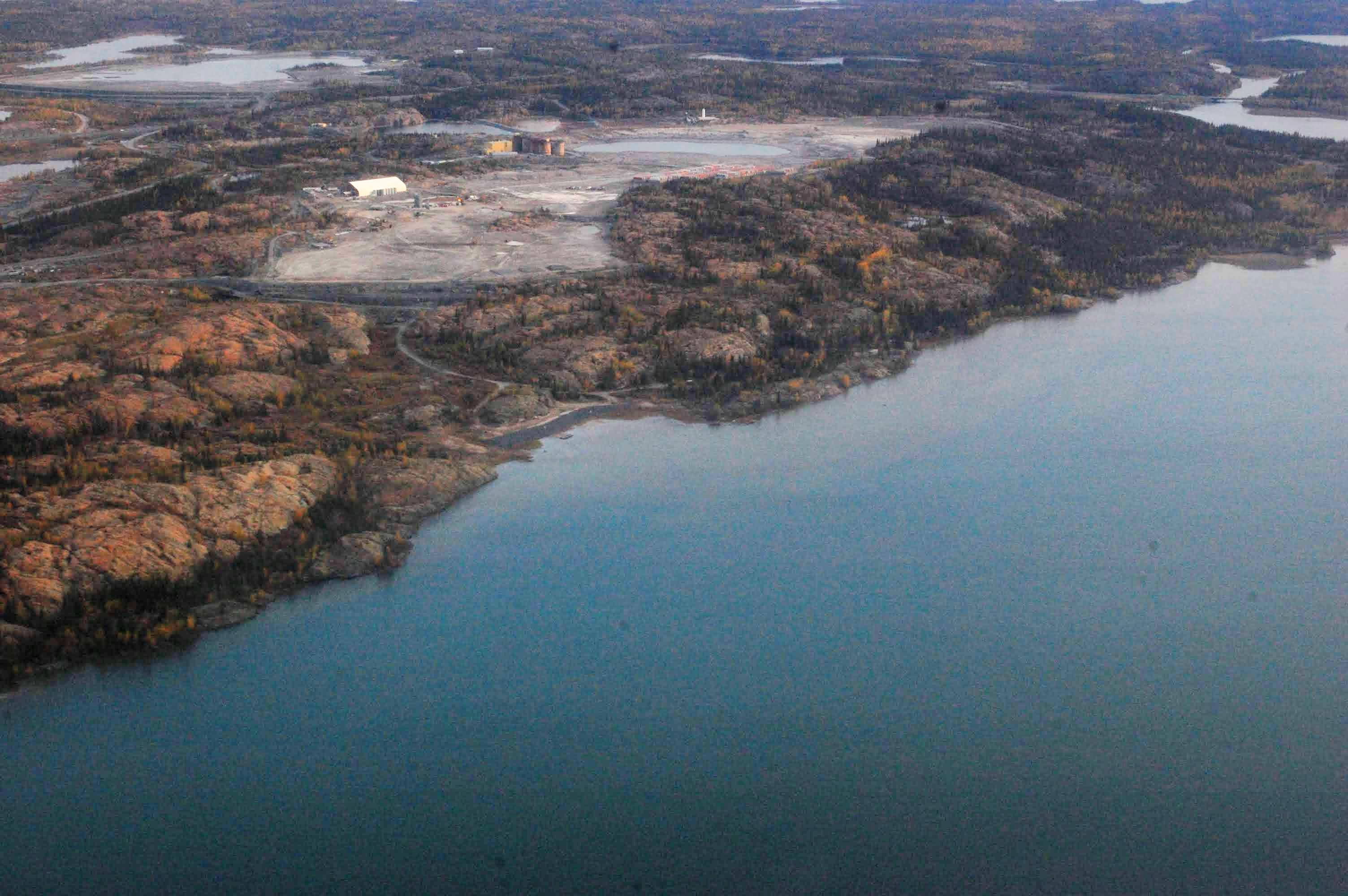In the name of reconciliation, the Government of Canada announced an investment of nearly $5 million in support of Indigenous projects across the territories. Delivered by CanNor, this funding supports 11 initiatives led by Indigenous communities, businesses and organizations in the North with six of them being in the NWT.
The funding will create local jobs in Indigenous communities, will promote Indigenous business growth and expansion by investing in capacity building and key economic infrastructure, as well as supporting the reclamation and remediation of Giant Mine.
Larry Bagnell, parliamentary secretary for CanNor stated that Indigenous small- and medium-sized businesses exemplify the ingenuity and drive that is at the core of the entrepreneurial spirit in Canada’s territories.
“To help kick-start the Northern economy, our government is making strategic investments to help communities and businesses capitalize on economic development and growth opportunities.”
The Six NWT recipients of the CanNor funding are:
- Det’on Cho Management LP – Giant Mine reclamation and remediation $908,635
CanNor is investing $908,635 in this two-year project with a further $389,415 investment from Det’on Cho Management LP and $1,305,050 through financing. The total cost of the project is $2,603,100. Det’on Cho Management LP, a Yellowknives Dene-owned company, is expanding to establish a rock aggregate production business division to supply local infrastructure projects. Their project is focused on preparing them to potentially provide the necessary aggregate for the reclamation and remediation of Giant Mine. This funding supports them in their launch of an aggregate production business division, the potential development of Vee Lake Quarry as a source of raw material for the operation, training and capacity building activities and the purchase of heavy rock-crushing machinery and transportation equipment. The project is expected to create 12-14 new full-time positions within the community of N’dilo.
- Yellowknife Dene First Nation – Business plan: tourism, cultural and business incubator $320,000
CanNor invested $320,000 in this one-year project with a further $80,000 investment from Yellowknife Dene First Nation. The total cost of the project is $400,000. Led by the YKDFN, this project will produce a business plan for a tourism, cultural and business incubator located in Dettah. As part of the business plan, a feasibility and planning study will be completed to assess the need and viability of a small business incubator in the community. This study will consider potential programs and services as well as estimated construction costs. The new facility is intended to support tourism product development, Indigenous business start-ups and expansion, and new employment and training opportunities for members who could benefit from increased tourism in the NWT.
- Denendeh Development Corporation – Indigenous investment vehicle $264,000
CanNor is investing $264,000 in this one-year project with a further investment of $20,960 from Denendeh Development Corporation, $50,000 from the GNWT and $46,154 from Crown-Indigenous Relations and Northern Affairs Canada. The total cost of the project is $381,114. The DDC will deliver an Indigenous Leaders economic forum and develop a five year plan, including an investment vehicle for partnering Indigenous governments in the NWT. This initiative will allow partnering organizations to make strategic investments intended to accomplish specific goals.
- Sahtu Dene Council – Sahtu Keepers of the Land, tourism development initiative $215,050
CanNor is investing $215,050 in this two-year project with a further investment of $5,000 from the Sahtu Dene Council and $170,000 from other sources, including $60,000 from the Sahtu Renewable Resources Board. The total cost of the project is $390,050. The SDC, in partnership with local community organizations, will develop three tourism sustainability action plans to support the development of tourism opportunities stemming from proposed Indigenous Protected Areas in the Sahtu communities of Deline, Tulita and Fort Good Hope. The project will address specific Sahtu tourism and cultural development needs and contribute towards establishing a sustainable cultural tourism economy in these communities.
- City of Yellowknife and Yellowknife Dene First Nation – Shared economic development strategy $150,000
CanNor invested $150,000 in this two-year project with a further $50,000 investment from the City of Yellowknife. The total cost of the project is $200,000. The City is working jointly with the YKDFN communities of Dettah and N’Dilo, with assistance from the First Nations – Municipal Community Economic Development Initiative to develop a five-year economic development strategy. The strategy will guide the economic growth and prosperity of both communities.
- Acho Dene Koe First Nation – Impacts Benefits Agreement, Prairie Creek Mine Project $75,000
CanNor is investing $75,000 iin this two-year project with a further $25,000 investment from Nor Zinc Ltd., and $20,075 from Acho Dene Koe First Nation. The total cost of the project is $120,075. The funding will be used to negotiate an Impacts and Benefit Agreement between Acho Dene Koe First Nation and NorZinc Ltd. The purpose of the IBA is to ensure that employment and business opportunities are provided to the impacted First Nation. The agreement is expected to outline how community members will benefit in terms of employment, training, contracts, and allocate specific business opportunities to the First Nations’ corporate group. The IBA will maximize community participation in the proposed Prairie Creek Mine Project and the construction of an all season access road. Upon construction, the PCM project plans to hire more than 360 people for the day-to-day operations of the mine, as well as subcontracting for the transportation of ore from the site to Fort Nelson, British Columbia.




